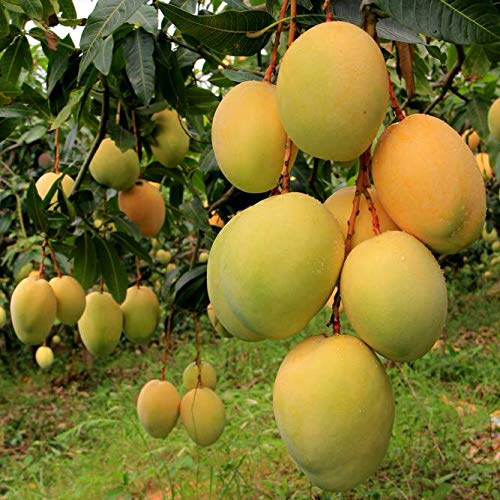
Plant Price 100 Rs / Plant
Moq 900 Plant
Plant Duration 20 Year's
Initial Investment Rs.2,02,000/-
Income in 5 Year's Rs.2,226,850/-
Plant Details:
Plant Height 2-2.5ft
Packaging Type Poly Bag
Delivery Time 7 Day's
Plants Spacing:
Row To Row 10 ft
Plant To Plant 12 ft
Objectives Of Contract Farming
Plantation Time: Feb, March, April, June, July, Aug, Sep, Oct.
Grade A – 122 Rs/kg
Features
For harvesting, mango endocarp should be matured. The shape of the fruit should be normal. Each fruit should be above 200 Gram. The virus should be 0% and there should be no spots.
Grade B – 82 Rs/kg
Features
For harvesting, mango endocarp should be matured. Each fruit weight Should be 150 Gram. Stain spots should not be more than 10%, the fruit disease Should be 0%.
Grade C – 22 Rs/kg
Features
For harvesting, mango endocarp should be matured. Disease-free and edible.
Soil & Climate Condition For Alphonso Mango Contract Farming:-
Mango is well adapted to tropical and sub-tropical climates. It thrives well in almost all the regions of the country but cannot be grown commercially in areas above 600 m. It cannot stand severe frost, especially when the tree is young. High temperature by itself is not so injurious to mango, but in combination with low humidity and high winds, it affects the tree adversely.
Mango varieties usually thrive well in places with rainfall in the range of 75-375 cm. /annum and dry season. The distribution of rainfall is more important than its amount. Dry weather before blossoming is conducive to profuse flowering. Rain during flowering is detrimental to the crop as it interferes with pollination. However, rain during fruit development is good but heavy rains cause damage to ripening fruits. Strong winds and cyclones during the fruiting season can play havoc as they cause excessive fruit drop.